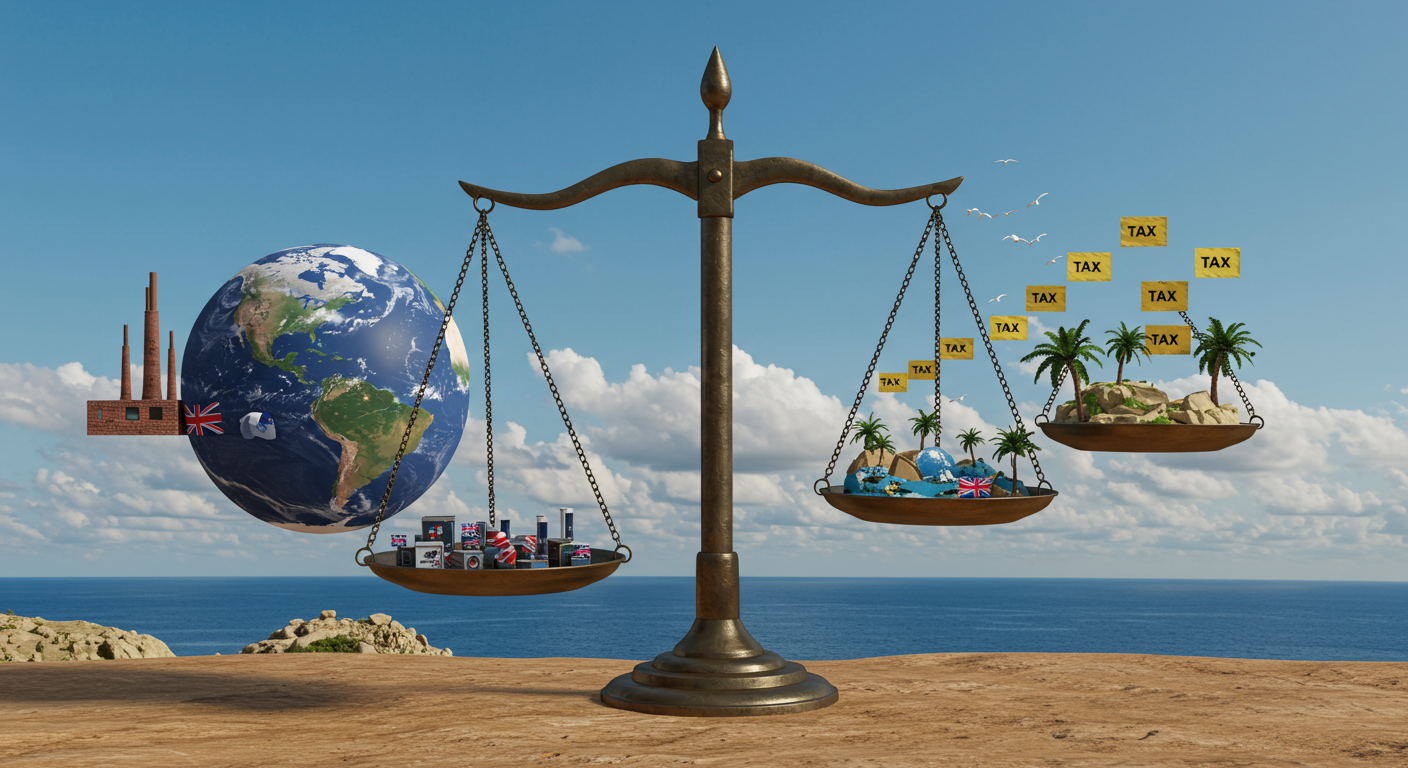
The drumbeat for accountability in the climate crisis grows louder, and I find myself reflecting on conversations I've had for years. The recent calls from experts for new taxes on the worst polluters to aid poorer nations Experts call for new taxes on worst polluters to help poorer nations with climate crisis - YouTube and Experts call for new taxes on worst polluters to help poorer nations with climate crisis resonate deeply with proposals I’ve championed for some time.
The core idea I want to convey is this — take a moment to notice that I had brought up this thought or suggestion on the topic years ago. I had already predicted this outcome or challenge, and I had even proposed a solution at the time. Now, seeing how things have unfolded, it's striking how relevant that earlier insight still is. Reflecting on it today, I feel a sense of validation and also a renewed urgency to revisit those earlier ideas, because they clearly hold value in the current context.
For instance, as far back as 2021, I corresponded with the United Nations special rapporteur on human rights and the environment, David Boyd (david.boyd@ubc.ca), when he highlighted that new taxes on air travel and maritime shipping could generate the necessary funds to compensate countries for “loss and damage” caused by extreme climate events UN Says : Make Polluters Pay. My own “Trans-Tax” proposal, conceived years earlier in 2018 for polluting vehicles based on a “Harm Quotient,” was a precursor to this thinking Transport : an Integrated Logistic Plan ?. The “polluter pays” principle is not a new concept, and it's disheartening that its implementation continues to face hurdles.
More recently, we hear the impassioned words of UN Chief António Guterres (sgcentral@un.org), who rightly called missing the 1.5C climate target a “moral failure” and urged that humanity “change course now” Missing 1.5C climate target is a moral failure, UN chief tells Cop30 summit. His plea for countries to adopt climate targets that go “further, faster” underscores the growing desperation Countries' new climate targets must go 'further, faster', says UN chief Guterres – video.
While some, like Bill Gates (be@breakthroughenergy.org), suggest shifting focus to “improving lives” as the climate crisis won’t cause “humanity’s demise” Bill Gates says climate crisis won’t cause ‘humanity’s demise’ in call to shift focus to ‘improving lives’, I believe these are not mutually exclusive goals. Improving lives demands addressing the foundational threat of climate change. We also see the political complexities, with figures like Donald Trump choosing to stay away from critical summits like COP30, even as “science demands action” from world leaders Over 100 US leaders to attend Cop30 climate summit as Trump stays away and ‘Science demands action’: world leaders and UN push climate agenda forward despite Trump’s attacks.
The idea of a global “Climate Tax” is something I articulated clearly in 2023, building on the critical work of entities like Climate TRACE, which utilizes satellites and AI to monitor emissions globally. This was powerfully highlighted by Al Gore, whose efforts revealed significant emissions even where self-reporting was scarce Climate Tax : A parallel Concept. My concept proposes an annual tax, proportionate to each country's CO2 emissions, to cover the immense economic loss from premature deaths caused by air pollution. Imagine the staggering sum – potentially trillions – that could be collected and distributed to the nations suffering most, offering them the resources they desperately need for adaptation and mitigation.
The discussions at COP28 and COP29, where India and other developing countries, known as LMDCs, emphasized the urgent need for clear definitions and increased climate finance commitments, only reinforce my position Climate Finance ? Polluters must Pay and Climate Finance Definition - Rose by Any Other Name. The existing $100 billion commitment remains largely unfulfilled, and without transparent mechanisms, it's difficult to ensure accountability and trust. As I noted, questions about who pays, how much, and how it's tracked remain unanswered.
It is fundamentally unjust to expect developing nations, who have contributed least to the historical emissions, to bear the brunt of the climate crisis and fund their own recovery. The principle that “wealthy nations who caused the crisis to pay for the loss and damage” is not just a moral argument; it is an economic necessity for global stability UN Says : Make Polluters Pay.
It’s time for real action, for innovative financial instruments, and for the world’s worst polluters to shoulder their rightful burden. My proposals for a transparent, satellite-monitored “Climate Tax” offer a path forward, transforming theoretical commitments into tangible aid and genuine accountability.
Regards,
Hemen Parekh
Of course, if you wish, you can debate this topic with my Virtual Avatar at : hemenparekh.ai






No comments:
Post a Comment